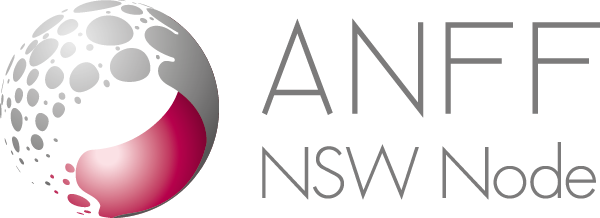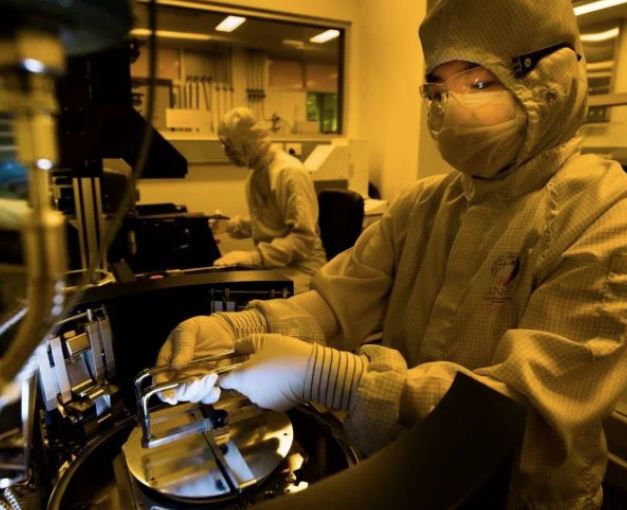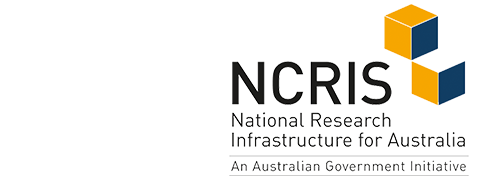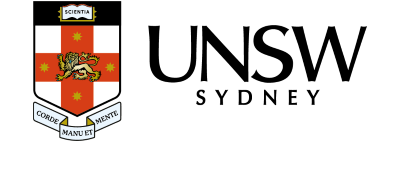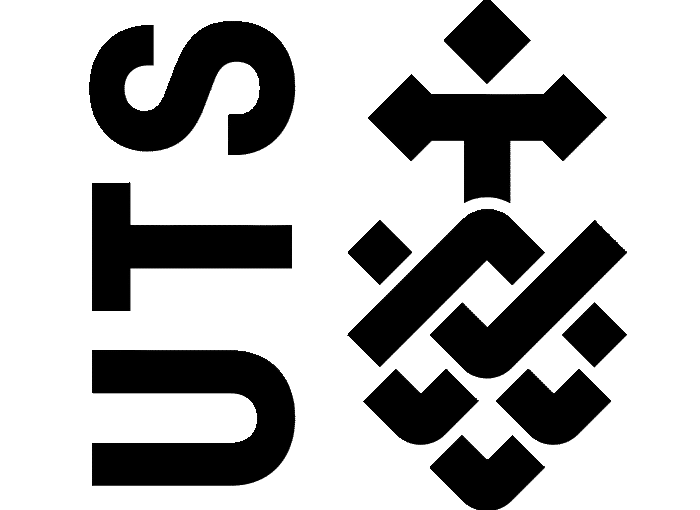Congratulations to Professor Justin Gooding, Professor Maria Kavallaris AM, Dr Julio Ribeiro, Dr Aidan O’Mahony, Dr Robert Utama and Dr Lakmali Atapattu (UNSW; Australian Centre for NanoMedicine; Children’s Cancer Institute; and Inventia Life Science Pty Ltd) for winning the 2021 ANSTO Eureka Prize for Innovative Use of Technology with their RASTRUM 3D Bioprinter.
- 2021 Australian Museum Eureka Prize winners
- Justin Gooding – finalist, Eureka Prize for Innovative Use of Technology – YouTube
- Three ‘Oscars’ of science awarded to UNSW researchers | UNSW Newsroom
